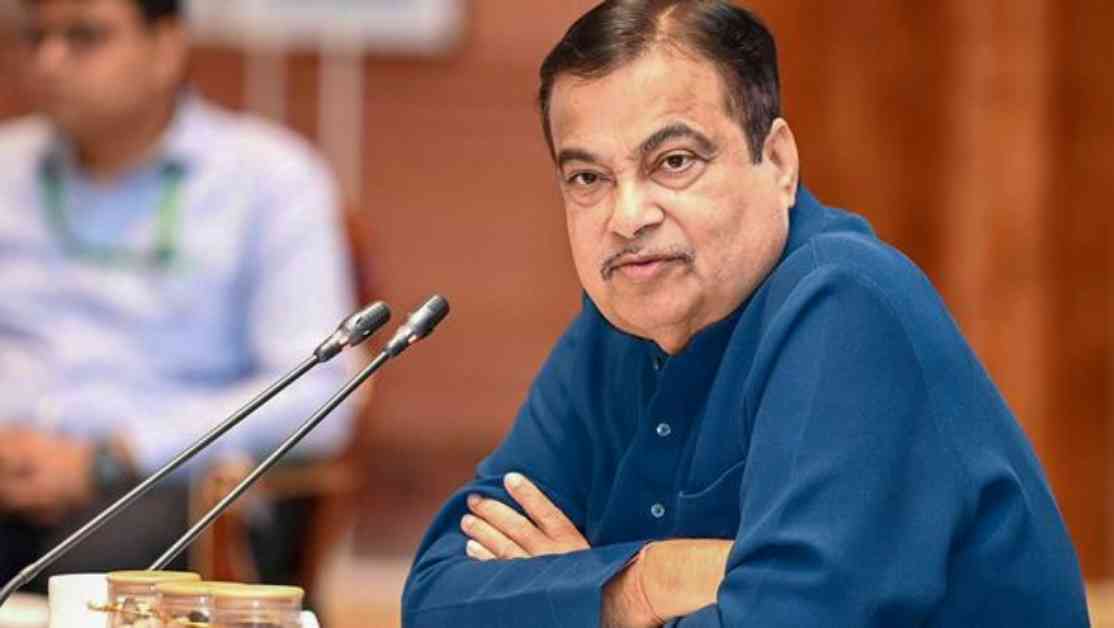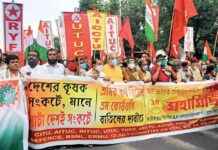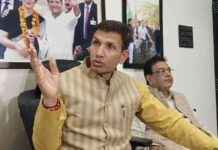Nitin Gadkari, a prominent political figure, recently made headlines with his powerful message against caste-based politics at an event in Nagpur. Speaking passionately about the importance of equality and fairness, Gadkari emphasized that a person’s true value lies in their character and abilities rather than their caste, religion, language, or gender. “A person is not known by their caste, sect, religion, language or sex, but only by their qualities,” he proclaimed, setting a strong stance against discrimination in any form.
During the Convocation ceremony of the Central India Group of Institutions, Gadkari stood firm in his belief that political decisions should not be influenced by caste considerations, even if it means risking potential votes. “I am in politics, and here all of this goes on, but I refuse this even though it may or may not get me votes,” he declared, demonstrating his unwavering commitment to principles over popularity. Despite facing pressure from individuals who sought his support based on caste affiliations, Gadkari remained resolute in his stand, declaring, “Jo karega jaat ki baat, uske kass ke maarunga laat,” indicating his refusal to engage in discussions revolving around caste identity.
The essence of Gadkari’s message reverberated beyond his individual stance, sparking discussions on the broader societal implications of caste-based politics. The Rashtriya Swayamsevak Sangh (RSS), a prominent organization, also weighed in on the issue, highlighting the sensitivity of caste relations within Hindu society. Sunil Ambekar, the Akhil Bharatiya Prachar Pramukh of RSS, underscored the importance of addressing caste-related issues for the welfare of marginalized communities, cautioning against the misuse of caste census data for political gains. Emphasizing the need to approach caste-related matters with seriousness and integrity, Ambekar stressed the significance of utilizing such information solely for the betterment of deserving communities.
In a world where identity politics often takes center stage, Gadkari’s resolute stance against caste-based discrimination serves as a beacon of hope for those advocating for a more inclusive and equitable society. By prioritizing character and merit over superficial markers of identity, he sets a powerful example for political leaders and citizens alike, urging them to transcend divisive narratives and work towards a more unified future. As the conversation around caste and politics continues to evolve, Gadkari’s unwavering commitment to principles offers a refreshing perspective on the potential of politics grounded in integrity and equality.
Navigating the complex terrain of politics, Gadkari’s words echo a sentiment that resonates with individuals from all walks of life. In a society where labels often overshadow individual worth, his call for a paradigm shift towards a more meritocratic approach strikes a chord with those yearning for a fairer, more just world. As we reflect on Gadkari’s bold stand against caste-based politics, it serves as a reminder of the transformative power of leadership rooted in values that transcend narrow divisions and embrace the richness of diversity.
With his unwavering commitment to principles and integrity, Gadkari embodies a brand of politics that transcends the limitations of identity-based narratives, offering a vision of governance grounded in fairness and equality. As we look towards the future, his words serve as a potent reminder of the transformative potential of leadership that prioritizes character over caste, merit over prejudice, and unity over division. In a world marked by polarization and discord, Gadkari’s message resonates as a beacon of hope, illuminating a path towards a more inclusive and equitable society where every individual is valued for their intrinsic worth.


























